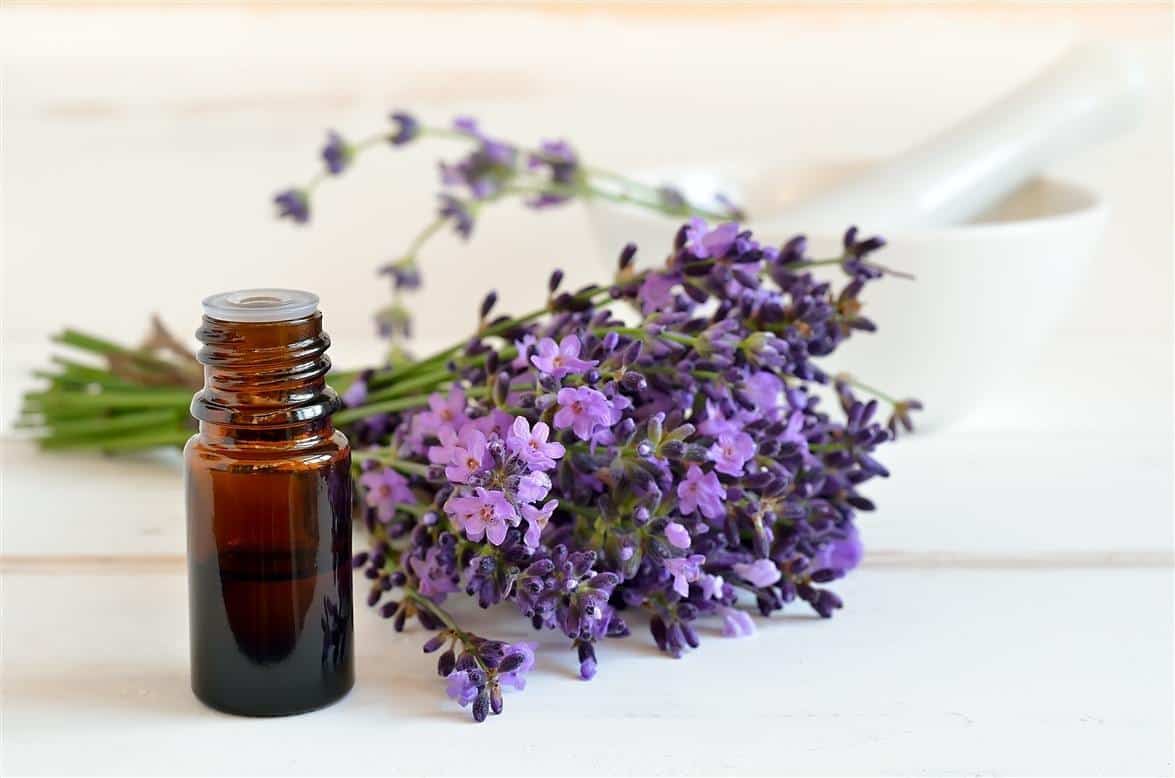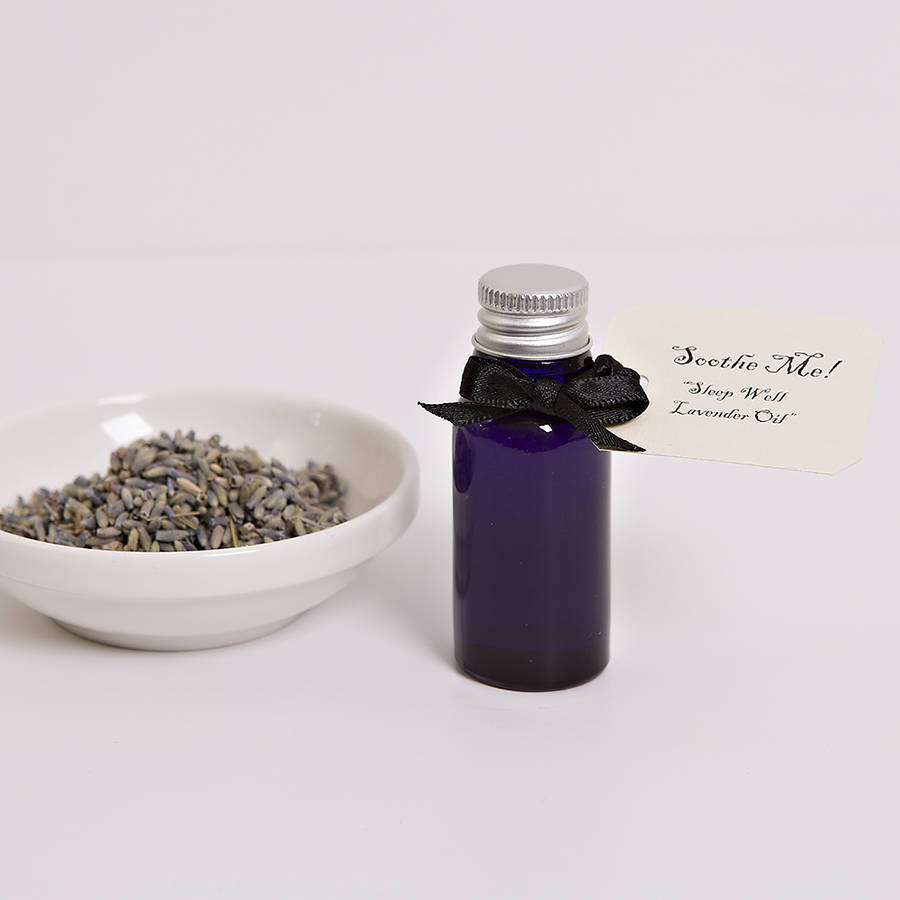The use of vital oils for therapeutic, spiritual, hygienic and ritualistic purposes goes back up to ancient civilizations including the Chinese, Indians, Egyptians, Greeks, and Romans who used them in cosmetics, perfumes and drugs. Oils were used for aesthetic pleasure and in the beauty industry. They were a luxury item and a means of payment. It was believed the indispensable oils increased the shelf vivaciousness of wine and improved the taste of food.
Oils are described by Dioscorides, along like beliefs of the era in this area their healing properties, in his De Materia Medica, written in the first century. Distilled critical oils have been employed as medicines previously the eleventh century, with Avicenna only valuable oils using steam distillation.
In the times of open-minded medicine, the naming of this treatment first appeared in print in 1937 in a French book upon the subject: Aromathrapie: Les Huiles Essentielles, Hormones Vgtales by Ren-Maurice Gattefoss [fr], a chemist. An English description was published in 1993. In 1910, Gattefoss burned a hand certainly badly and superior claimed he treated it effectively in the same way as lavender oil.
A French surgeon, Jean Valnet [fr], pioneered the medicinal uses of vital oils, which he used as antiseptics in the treatment of upset soldiers during World deed II.
Aromatherapy is based on the usage of aromatic materials, including vital oils, and other aroma compounds, afterward claims for improving psychological or physical well-being. It is offered as a unconventional therapy or as a form of substitute medicine, the first meaning closely welcome treatments, the second instead of conventional, evidence-based treatments.
Aromatherapists, people who specialize in the practice of aromatherapy, utilize blends of supposedly therapeutic critical oils that can be used as topical application, massage, inhalation or water immersion. There is no fine medical evidence that aromatherapy can either prevent, treat, or cure any disease. Placebo-controlled trials are hard to design, as the reduction of aromatherapy is the odor of the products. There is disputed evidence that it may be vigorous in combating postoperative nausea and vomiting.
Aromatherapy products, and indispensable oils, in particular, may be regulated differently depending upon their designed use. A product that is marketed like a therapeutic use is regulated by the Food & Drug Administration (FDA); a product taking into consideration a cosmetic use is not (unless assistance shows that it is unsafe next consumers use it according to directions upon the label, or in the tolerable or conventional way, or if it is not labeled properly.) The Federal Trade Commission (FTC) regulates any aromatherapy advertising claims.
There are no standards for determining the tone of essential oils in the united States; even though the term therapeutic grade is in use, it does not have a regulatory meaning.
Analysis using gas chromatography and addition spectrometry has been used to identify bioactive compounds in necessary oils. These techniques are clever to take effect the levels of components to a few parts per billion. This does not make it doable to determine whether each component is natural or whether a needy oil has been "improved" by the complement of synthetic aromachemicals, but the latter is often signaled by the juvenile impurities present. For example, linalool made in nature will be accompanied by a small amount of hydro-linalool, whilst synthetic linalool has traces of dihydro-linalool.
How to Use Lavender Essential Oil for Hair Growth - hair buddha
Sleep Well Lavender Oil By Apply Me notonthehighstreet.com
Why You Should Have Lavender Oil In Your Home - The Open Mind




No comments:
Post a Comment